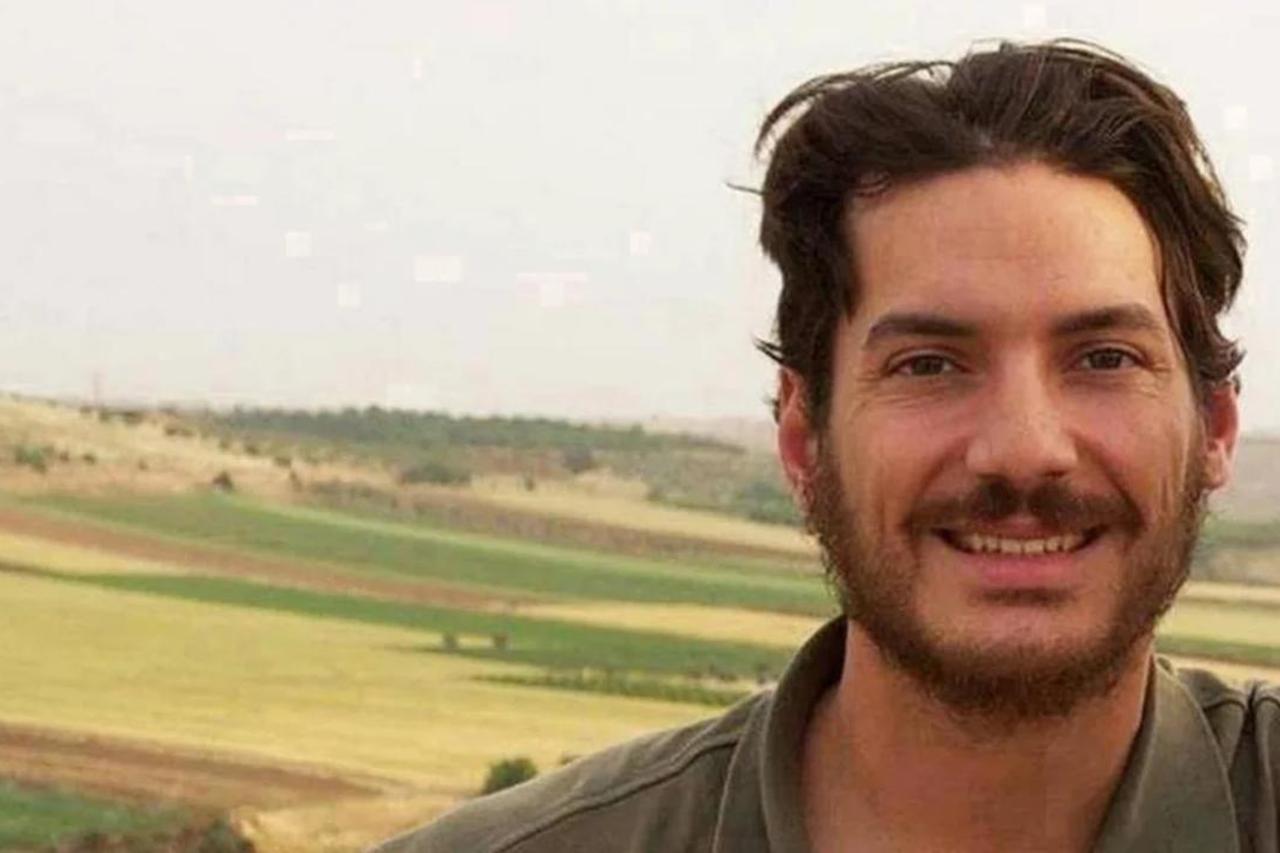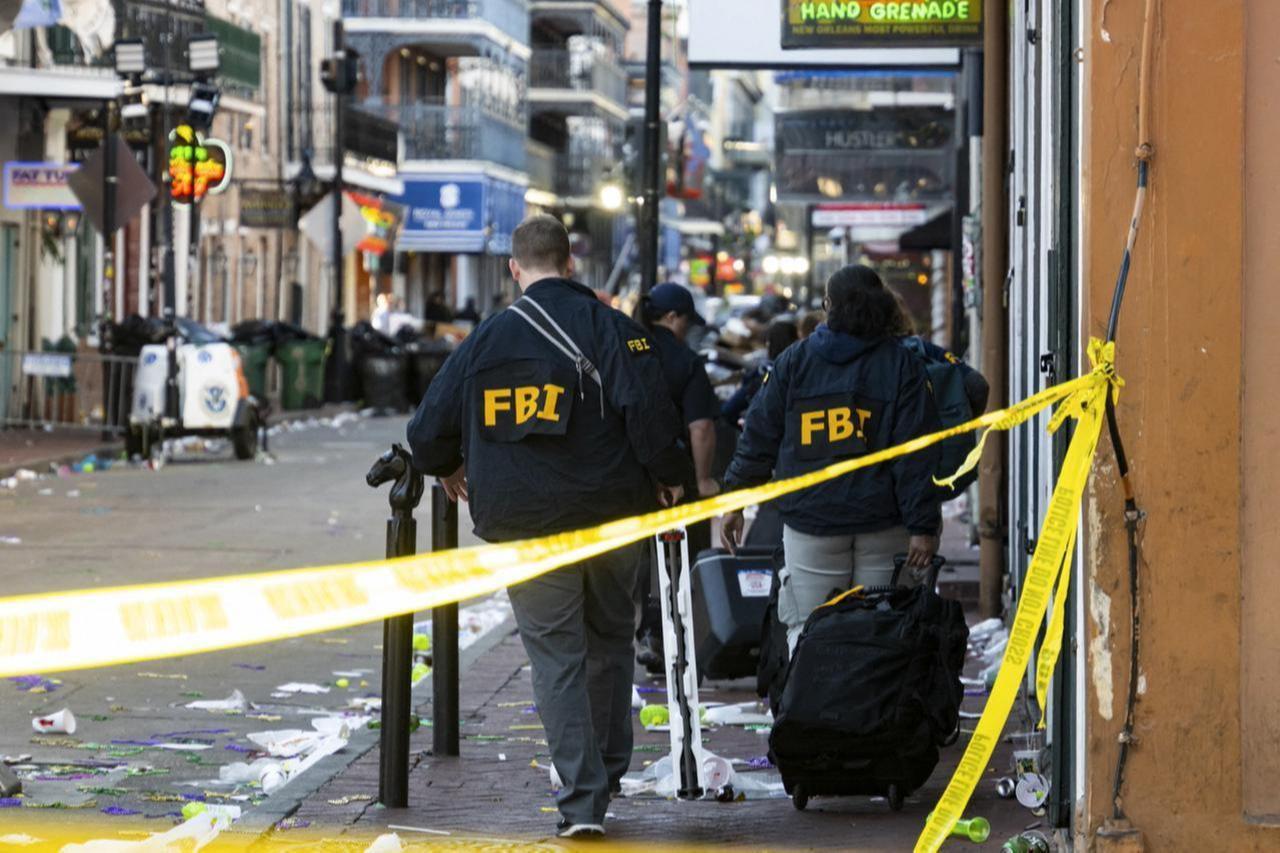
A key figure in the Syrian regime told CNN that former President Bashar al-Assad ordered the execution of American journalist Austin Tice in 2013, marking the first time anyone has directly alleged the missing reporter was killed.
Bassam Al-Hassan, who served as Assad's adviser and held Tice after his August 2012 capture, made the claim during a September confrontation at his Beirut apartment. The conversation, captured on hidden cameras, represents a significant break in a case that has confounded U.S. officials for more than a decade.
"Of course, Austin is dead. Austin is dead," Al-Hassan said during the 20-minute exchange. He nodded affirmatively when asked if Tice was killed in 2013, saying he passed the execution order to a subordinate in the Iran-backed National Defense Forces militia.

For 13 years, the Syrian government consistently denied holding Tice or having any knowledge of his whereabouts. Assad fled to Russia after his regime collapsed in December 2024, and attempts to reach him were unsuccessful.
Al-Hassan told CNN that Assad was solely responsible for the decision. "I don't want to protect Bashar al-Assad because he abandoned and left us," he said. "I don't want to protect Russia or Iran, because the US thinks Russia and Iran have something to do with the case. And I can assure you that this is not the case. This relates to President Bashar only."
The man Al-Hassan claims carried out the execution is now in Russia and refused to respond to CNN's questions through an intermediary.
However, multiple sources told CNN there are significant problems with Al-Hassan's account. The FBI administered a polygraph test to Al-Hassan, which he failed. Some former Syrian officials who know him described him as cunning and untrustworthy.
"You could say whatever you like about Bassam, but he is not the courageous guy," said General Safwan Bahloul, a former Syrian intelligence officer who interrogated Tice. He said he doubted Al-Hassan would have challenged Assad's orders.

An FBI-led team searched Syrian military facilities in September, focusing on the Syrian Scientific Studies and Research Center on Mount Qasioun overlooking Damascus. The three-day operation ended abruptly on Sept. 9 when Israeli airstrikes hit nearby areas.
The search targeted locations where witnesses said Tice was last believed to have been held. American investigators arrived in a convoy of armored vehicles with a dual objective: to find where Tice was detained and, if possible, to locate his remains. They found neither.
A person familiar with the FBI investigation described it as both a recovery operation and an active federal case. "As well as a recovery operation this is also an active federal investigation and there is always the goal of trying to bring some justice to this situation," the person said.
The investigation has intensified since Assad's fall, with FBI agents collecting evidence on the ground and interviewing witnesses across seven countries. Many spoke only on condition of anonymity to discuss sensitive matters or protect their status in the countries where they fled.
New accounts from former Syrian officials describe Tice's detention at a Republican Guard compound called Tahoune, under the command of Ghassan Nassour, a senior officer who reported to Al-Hassan.
Bahloul, who interrogated Tice three times in 2012, said Al-Hassan wanted to determine whether the journalist was a spy. "He told me that he's an ex-Marine officer. He wasn't shaky. He was brave enough to face his custody," Bahloul said. "Sometimes even we talked about music."
A 46-second video released in September 2012 showed Tice blindfolded and surrounded by men dressed as jihadists. Nassour told CNN the video was staged under Al-Hassan's direction at Rakhla, a mountainous area near the Lebanese border, to suggest extremists held Tice rather than the Syrian government. "The video was posted online the next day, and it was as if Tice was held by Taliban in Afghanistan and he never entered Syria," Nassour said.
In late October 2012, Tice escaped from Tahoune using soap and a towel, according to Bahloul. Syrian investigators determined he used the soap to slip through a high window and the towel to jump over shattered glass cemented atop the compound's external wall.
Tice made it about a mile to the upscale Mazzeh neighborhood before being recaptured within 24 hours. "Every security apparatus in Damascus, thousands of operatives, they started the search, and he was caught by one of them, and he was redelivered to the National Defense Forces militia," Bahloul said.
When Bahloul saw Tice after his recapture, he noticed a stark change. "I felt the connection between me and him was just lost. I was talking to him and he was not responding. He was, in a way we could say, depressed," Bahloul recalled. "I never saw the guy again."
After that encounter, Tice was moved to Al-Hassan's office across from Tahoune. From there, the trail went silent.
Tice, a former Marine Corps officer turned freelance journalist, was reporting from the Damascus suburb of Darayya when his family and editors lost contact with him in mid-August 2012. He had filed reports for The Washington Post and McClatchy from rebel-held areas during Syria's civil war.
The Tice family has rejected Al-Hassan's claims. Debra Tice, Austin's mother, has waged a tireless campaign across multiple U.S. administrations to secure her son's return. She traveled to Damascus earlier this year to search for him and met with Syria's new President Ahmed Al-Sharaa. She has previously called Al-Hassan a "pathological liar."
"Austin Tice is alive. We look forward to seeing him walk free," the family said in a statement.
General Abbas Ibrahim, Lebanon's former spy chief who mediated hostage releases across the region, worked on Tice's case through multiple U.S. administrations. He said Syrian negotiators were "steadfast in their denial" even when U.S. officials asked only for proof of life.
"The Americans were very interested in this case, and they were ready to pay any price to get [Tice] back," Ibrahim said. "The regime in Syria had a big opportunity to save themselves [with] Austin, but they didn't play this card because maybe they don't have this card anymore."
Several former Syrian officials told CNN that Assad initially saw Tice as valuable leverage for negotiations with the United States. "Assad knew about Tice and knew he could use him in negotiations. It would be extremely stupid to kill him... to let go of a winning card in your hand," Nassour said.
Others said it was plausible Assad would order Tice's execution, particularly after his escape attempt.
Al-Hassan, who is wanted by French prosecutors for complicity in war crimes related to chemical weapons attacks, was sanctioned by the U.S., UK and European Union for his role in the Assad regime. He created the notorious National Defense Forces militia, implicated in some of the worst crimes during Syria's civil war.
During the September conversation with CNN, Al-Hassan appeared rattled that journalists had found him. As he prepared to close the door, his voice cracked. "Truly, it upsets me to remember it. I wish what happened hadn't happened," Al-Hassan said, removing his glasses to reveal bloodshot eyes. "It was a predicament that I was burdened with."
The U.S. government is offering a $10 million reward for information about Tice's whereabouts. Syria's new government has cooperated with American officials on the case since Assad's regime fell.